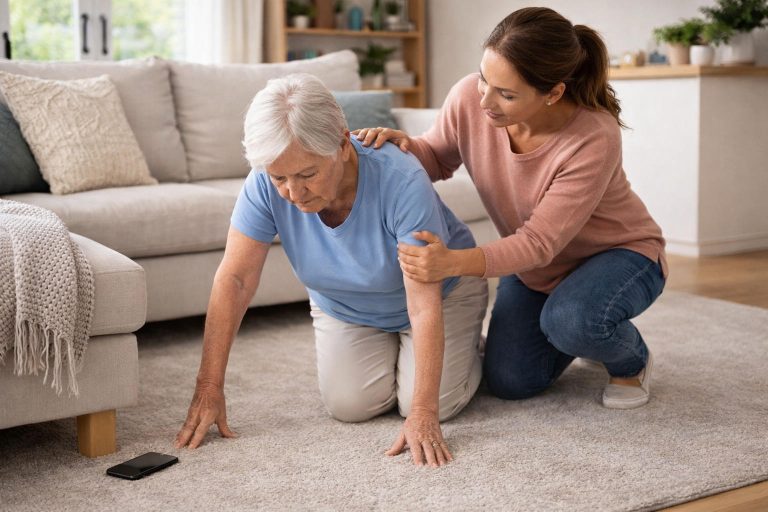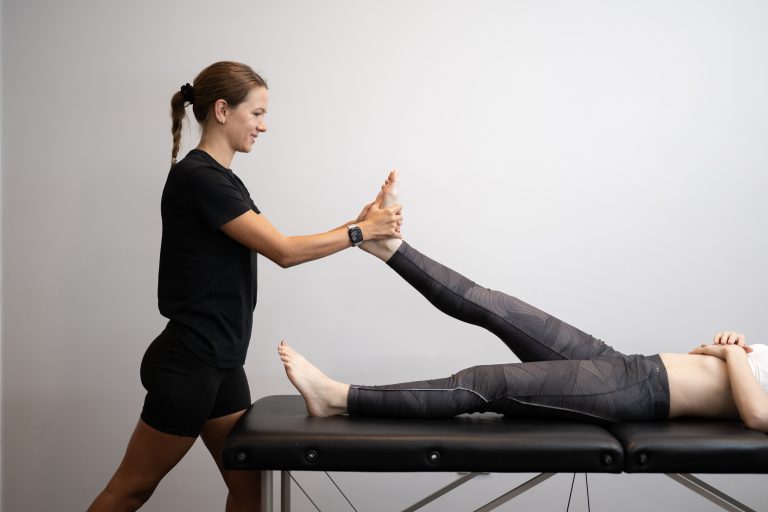How to Support Your Loved Ones’ Mobility and Health through exercise at home
Caring for a loved one is a rewarding but challenging role, especially when they face mobility issues. As a caregiver, you play a vital part in helping your loved one maintain their physical health and independence. Physiotherapy can be an essential tool in this process, and understanding how to integrate these practices into daily routines can make a significant difference in your loved one’s quality of life. Here’s how you can support their mobility and health through exercise at home.
1. Understand the Basics of Physiotherapy
Physiotherapy involves exercises and techniques designed to improve movement, strength, and flexibility. It can help manage pain, prevent injuries, and promote overall well-being. Understanding the goals of your loved one’s physiotherapy program is the first step. Talk to their physiotherapist to learn about the specific exercises prescribed, their benefits, and how you can assist in performing them correctly.
2. Create a Safe and Comfortable Environment
Before starting any exercises, ensure the environment is safe. Clear the area of obstacles, use non-slip mats, and make sure there’s adequate lighting. A comfortable chair or support should be nearby in case your loved one needs to rest. Safety is paramount, so take the time to prepare the space thoroughly.
Many physiotherapy exercises are designed to be simple and can often be performed at home. Here are a few tips for helping your loved one with their exercises:
- Encourage Consistency: Regular practice is crucial for improvement. Help your loved one establish a routine by setting aside specific times each day for exercises.
- Support, Don’t Push: Your role is to support and guide, not to force. Ensure that exercises are performed gently and correctly without pushing your loved one beyond their limits.
- Use Positive Reinforcement: Celebrate small victories and progress. Encouragement can boost their confidence and motivate them to continue.
Physiotherapy isn’t limited to formal exercises. Incorporate movement into everyday activities to enhance your loved one’s mobility:
- Walking: Encourage short, regular walks, even if it’s just around the house. Walking is a simple yet effective way to maintain mobility.
- Stretching: Gentle stretches can be done while watching TV or during morning routines. Stretching helps maintain flexibility and prevent stiffness.
- Functional Exercises: Activities like standing up from a chair, reaching for objects, or climbing stairs can be turned into functional exercises that improve strength and coordination.
5. Monitor Progress and Adjust as Needed
Keep an eye on how your loved one is responding to the exercises. Are they finding them easier over time? Are they experiencing any pain or discomfort? Regularly communicate with their physiotherapist to discuss progress and make any necessary adjustments to their program. This ensures that the exercises remain beneficial and appropriate for their current condition.
6. Take Care of Yourself Too
As a caregiver, your well-being is just as important. Supporting someone with their physiotherapy can be physically and emotionally demanding, so it’s essential to look after your health too. Take breaks when needed, and don’t hesitate to seek support from healthcare professionals or caregiver groups.
7. Know When to Seek Professional Help
While your involvement is invaluable, there are times when professional physiotherapy sessions are necessary. If your loved one’s condition changes, or if you’re unsure about how to assist with certain exercises, it’s crucial to consult their physiotherapist. Professional guidance ensures that they receive the most appropriate care.
Conclusion
Being a caregiver is a significant responsibility, and incorporating exercise at home into your loved one’s routine can greatly enhance their mobility and overall health. By understanding their physiotherapy program, creating a safe environment, assisting with exercises, and incorporating movement into daily activities, you can make a positive impact on their quality of life. Remember to monitor their progress, take care of yourself, and seek professional help when needed. Together, you can help your loved one maintain their independence and enjoy a better quality of life.





 Back to all posts
Back to all posts

